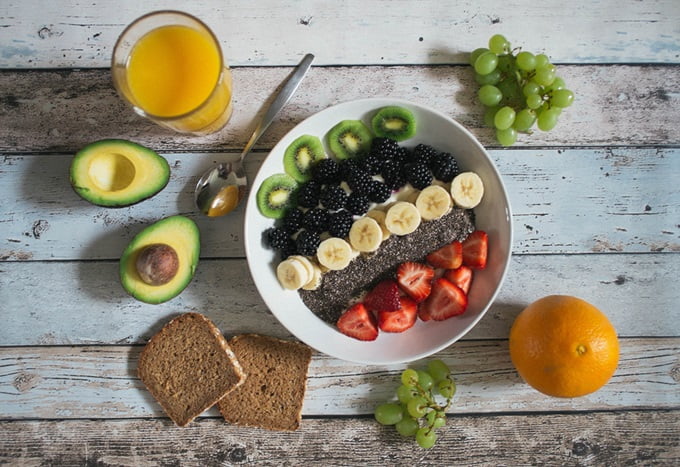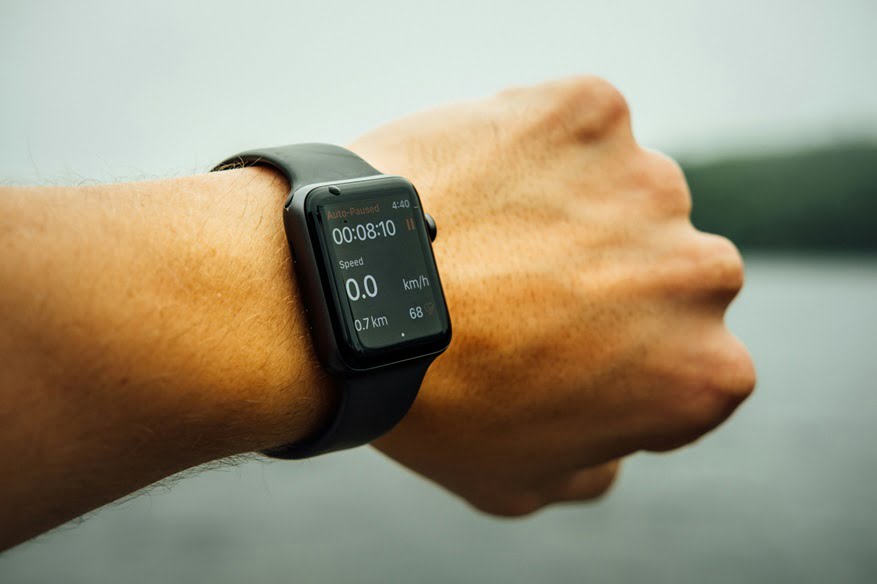7-Day Diet Plan for Weight Loss: Healthy Way to Lose Weight: Weight loss journeys often begin with a structured plan that sets the tone for success. A well-designed 7-day diet plan for weight loss offers a systematic approach to shed pounds while ensuring adequate nutrition. This article delves into the intricacies of such a diet regimen, providing insights, tips, and a detailed breakdown of each day..
Embarking on a weight loss journey requires dedication and a strategic approach. The 7-day diet plan is designed to kickstart this process effectively. By following a specific meal plan for each day, individuals can jumpstart their metabolism and achieve significant weight loss within a week.
Understanding the Basics of Weight Loss
The fundamental principle behind weight loss is creating a caloric deficit. This means burning more calories than consuming. Balancing macronutrients—proteins, fats, and carbohydrates—is equally crucial. Proteins aid in muscle repair and boost metabolism, while healthy fats provide sustained energy. Carbohydrates, especially from whole grains and fiber sources, offer essential nutrients and promote digestive health.
Day-wise Breakdown of the Diet Plan
Day 1: Cleansing and Detoxification

The first day focuses on detoxification, primarily through consuming fruits, vegetables, and adequate water intake. This initiates the cleansing process, eliminating toxins from the body.
Day 2: Emphasizing Protein Intake

Protein-rich foods take center stage on the second day. Options like lean meats, legumes, and tofu support muscle growth and repair while maintaining satiety.
Day 3: Introduction of Healthy Fats
Incorporating healthy fats such as avocados, nuts, and seeds adds flavor to meals and supports brain function.
Day 4: Incorporating Whole Grains and Fiber
Whole grains and fiber-rich foods aid in digestion and regulate blood sugar levels. Options like brown rice, quinoa, and leafy greens are recommended.
Day 5: Focusing on Nutrient-rich Foods
The fifth day prioritizes nutrient-dense foods like colorful vegetables, berries, and lean proteins to fuel the body with essential vitamins and minerals.
Day 6: Managing Portion Sizes and Cravings
Understanding portion control and managing cravings is crucial. Smaller, balanced meals help in controlling calorie intake while satisfying hunger.
Day 7: Consolidating the Week’s Progress: 7-Day Diet Plan for Weight Loss: Healthy Way to Lose Weight
The final day focuses on summarizing the week’s achievements and planning for continued healthy eating beyond the 7-day plan.
The Importance of Hydration and Exercise

Staying adequately hydrated is key to a successful diet plan. Water aids in digestion, flushes out toxins, and keeps the body functioning optimally. Coupled with suitable exercises such as cardio and strength training, weight loss goals can be achieved more effectively.
Expert Tips and Advice
Experts recommend consistency, patience, and avoiding crash diets for sustainable weight loss. Avoiding common pitfalls like excessive snacking, emotional eating, and overindulgence is essential for success.
Tracking Progress and Adjustments

Regularly monitoring progress and making adjustments as needed are crucial aspects of a successful weight loss journey. Maintaining a food diary helps in understanding eating patterns and making necessary modifications.
Benefits Beyond Weight Loss
Apart from shedding pounds, adhering to a 7-day diet plan leads to increased energy levels, improved mood, and long-term health benefits.
A well-structured 7-day diet plan for weight loss offers a kickstart to a healthier lifestyle. By following a balanced meal plan, staying hydrated, and incorporating exercise, individuals can achieve significant weight loss in a week while reaping multiple health benefits.
Metformin for weight loss:
Metformin is a medication primarily used to manage type 2 diabetes by improving insulin sensitivity and lowering blood sugar levels. However, it has gained attention for its potential to aid in weight loss, especially in individuals with conditions like polycystic ovary syndrome (PCOS) or prediabetes.
How Metformin Works for Weight Loss:
Metformin affects the body’s glucose and insulin levels, influencing how cells use glucose for energy. By reducing the amount of glucose produced in the liver and increasing the body’s sensitivity to insulin, it helps lower blood sugar levels.
The Role of Metformin in Weight Loss:
While not specifically designed as a weight loss medication, Metformin might contribute to weight reduction indirectly. Here’s how:
- Appetite Suppression: Some people may experience reduced appetite while taking Metformin, leading to lower food intake and potential weight loss.
- Improved Insulin Sensitivity: By regulating insulin levels, Metformin may aid in weight loss, particularly in individuals with insulin resistance.
- Reduced Fat Storage: It might prevent excess glucose from being converted into fat, potentially helping in weight management.
Effectiveness and Considerations:
- Individual Variances: Metformin’s impact on weight varies among individuals. Some may experience moderate weight loss, while others may not notice significant changes.
- Healthy Lifestyle: Combining Metformin with a balanced diet and regular exercise can enhance its effectiveness in weight management.
Safety and Side Effects:
Metformin is generally safe but may cause gastrointestinal side effects like nausea, diarrhea, or stomach discomfort. These effects usually subside as the body adjusts to the medication.
Consultation and Precautions:
It’s crucial to consult a healthcare professional before using Metformin for weight loss. They can assess your health condition, prescribe the appropriate dosage, and monitor any potential side effects or interactions with other medications.
How to Lose Face Fat
Losing face fat involves a combination of overall weight loss strategies and specific facial exercises to tone the muscles in the face. Here are some effective tips on how to reduce face fat:
Overall Weight Loss:
- Balanced Diet: Focus on a healthy, balanced diet with reduced calorie intake. Opt for nutrient-rich foods like fruits, vegetables, lean proteins, and whole grains while limiting processed and high-sugar foods.
- Hydration: Stay well-hydrated by drinking plenty of water throughout the day. Proper hydration helps flush out toxins and aids in overall weight loss, which can also reduce face fat.
- Portion Control: Be mindful of portion sizes to avoid overeating. Eating smaller portions helps manage overall calorie intake, which can contribute to weight loss, including in the face.
Regular Exercise:
- Cardiovascular Exercise: Engage in regular cardiovascular exercises like brisk walking, running, cycling, or swimming. These activities help burn calories and promote overall weight loss, including reducing face fat.
- Facial Exercises: Specific facial exercises can help tone and strengthen facial muscles. Examples include cheek lifts, chin lifts, smiling with tension, and puckering your lips. These exercises can help improve muscle tone and reduce facial puffiness.
Healthy Lifestyle Habits:
- Limit Alcohol and Sodium Intake: Excessive alcohol consumption and high sodium intake can lead to water retention, causing facial bloating. Moderation is key to maintaining a healthy balance.
- Adequate Sleep: Getting enough quality sleep is crucial for overall health. Lack of sleep can lead to water retention and increased fat deposition, affecting facial appearance.
Skincare and Massage:
- Facial Massage: Regularly massaging your face can improve blood circulation, reduce puffiness, and enhance facial contours. Use gentle upward strokes to massage your face.
- Proper Skincare: Taking care of your skin can also contribute to a slimmer appearance. Use moisturizers and products suitable for your skin type to maintain elasticity and firmness.
Patience and Consistency:
- Be Patient: Losing face fat takes time and consistency. Combine these strategies, stay committed, and be patient with the process.
- Consult a Professional: If you have concerns about excess facial fat or are considering extreme measures, consult a healthcare professional or a nutritionist for personalized guidance and advice.

